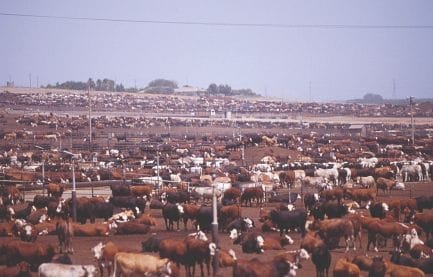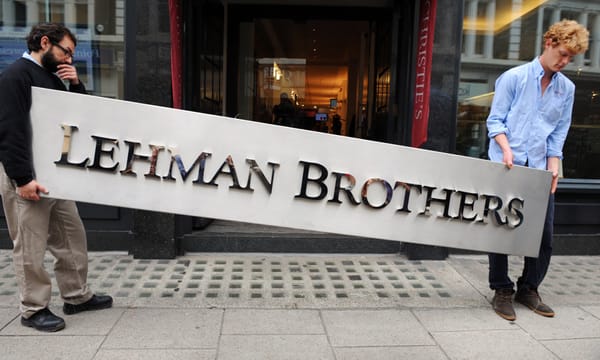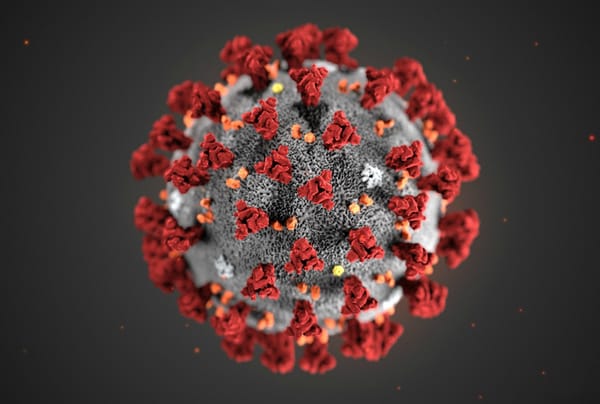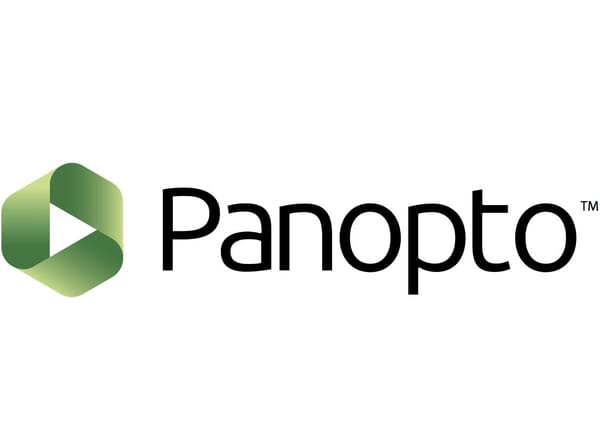Imperial College Chemistry students to be offered cooking classes next autumn
The Department of Chemistry will pilot a new module, The Chemical Kitchen, for first years

Whether or not you are a chemist, you definitely have some experience with reacting chemicals – in the kitchen. On a molecular level, cooking is simply chemistry. The Imperial College London Department of Chemistry agrees, and will be advancing this notion by introducing a new module: “Introduction of Culinary Practices” for first year undergraduates who enter in autumn 2019.
The Chemical Kitchen, as the module is also called, aims to introduce students to laboratory skills and practical experience via a more approachable and unconventional method. Lesson plans will cover traditional cooking techniques as well as methods such as “spherification” (think tapioca pearls in bubble tea).
This trial module is part of a “Techniques Bootcamp” that first year chemists will attend in groups of eight, brought about by the ongoing curriculum review of all Imperial College undergraduate teaching.
The sessions will train students how to document practical work, observation skills and dexterity, achieving consistent results, and executing written directions. The Department hopes that students will become accustomed to complex, practical tasks, and will develop ordered and systematic approaches to them.
The Department of Chemistry is developing this unconventional module in collaboration with Jozef Youssef from the Basque Culinary Centre. Youssef is the founder of Kitchen Theory, a gastronomy experience design lab, and has had years of experience at Michelin star restaurants such as The Fat Duck. His work intensely analyses how our senses influence our dining experience. For example, he investigates how colours and symmetry can affect the perception and enjoyment of food.
Another member of the development team is Roger Kneebone, Professor of Surgical Education and Engagement Science. He believes the benefits will extend beyond culinary and chemistry. “The Chemical Kitchen will encourage social cohesion amongst students, developing a sense of collegiality rather than competition within a safe environment that encourages personal growth and supportive behaviour," he said.
The techniques covered by The Chemical Kitchen were tested out by an alumna from the Department of Chemistry, Katerina Stavri. She said: “This great initiative will provide a fun, non-threatening chemistry 'laboratory' for first year students allowing them to gain practical experience in a non-competitive environment. There are a lot of similarities between a chemistry laboratory and an experimental kitchen; from thoroughly recording observations to maintaining a clean and tidy work-space, students will have the opportunity to gain, practice and enhance skills needed in the lab in an interdisciplinary setting.
“A Chemical Kitchen requires creativity and intuition in the same way as research labs; this lab serves as a great stepping stone for young chemists who will join research groups in later years of their studies," she added.
Alan Spivey, Assistant Provost (Learning & Teaching), said: “Whether you want to be a chemist or a chef, skills such as meticulous planning and detailed observation and recording are vital. The plan is to encourage safe experimental practice, practical reproducibility and appreciation of the often-overlooked parallels between the practice of chemistry and myriad other activities which require manual dexterity so as to inspire our students to excel as experimental scientists.”
The connection between cooking and laboratory chemistry is not as far-fetched as it seems. Cooking an egg can exemplify how proteins are denatured by heat. A simple baking lesson would expose students to concepts of fermentation, temperature, and humidity.
Culinary science and chemistry also overlap in terms of apparatus. Chefs are increasingly using scientific equipment in their kitchens: centrifuges can be used to extract the oil from a puree; rotary evaporators can concentrate mixtures to strengthen flavor; sonic homogenizers can be useful in tenderising meat.






